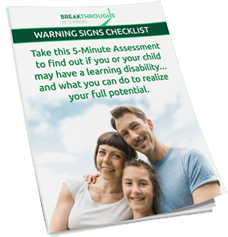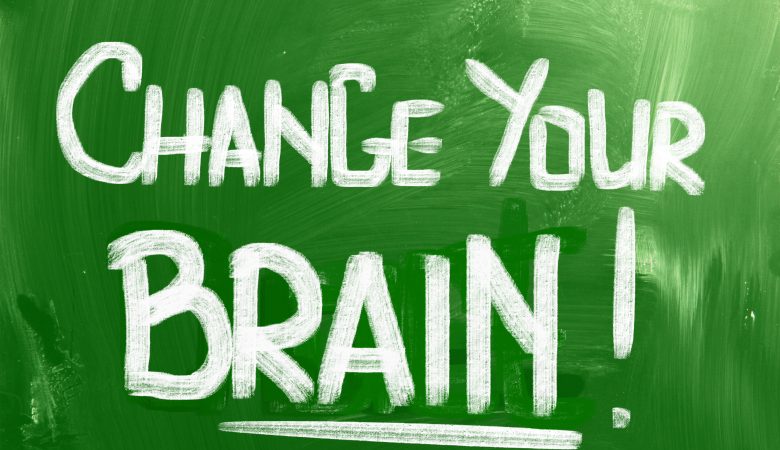Tired of making excuses for your brain’s short comings? Are you worried that if it’s like this now…what will it be like in another 10 years? Don’t wait and see! Act now to build your brain, it’s never too late!
Mental Decline
The human brain grows until age 25. After that time, the brain will maintain itself steady for a few years before starting to decline. Declines are most noted in response time and memory loss. This is a result of “cross talk”, or the communication between the two hemispheres of the brain, slowing down and almost blurring as the years pass.
Memory loss is often accepted as a fact of aging. We often hear short term memory lapses described as “senior moments.” Despite this acceptance, there are ways to build the brain and keep memory issues and other forms of mental decline at bay. While childhood to young adulthood is the most optimal time in life to learn, older adults do not have to believe they have reached the peak of their skills and knowledge.
Read
While television and other passive entertainment have been shown to slow brain functions, reading will heighten those functions. The reason is simple: reading requires more brain processes than watching television.
Start by replacing one hour of T.V. with one hour of reading a day. If you find the right book, you may find your reading time is longer than your T.V. time.
Exercise
Healthy bodies and healthy brains are connected. Even 30 minutes of exercise a day will increase oxygen in the brain enough to cause a noticeable difference performing cognitive tasks and experience less memory loss. Adults who exercise regularly are also much less likely to develop dementia and Alzheimer’s.
Keep yourself challenged
Crossword puzzles or even electronic games like “Candy Crush” keep the brain active. Problem solving exercises are the weight lifting equivalent for the mind.
If you are not the type who enjoys puzzles or games, curiosity about the world and a desire to learn has also been known to prevent cognitive decline. Learn something new, visit a new place, or try a new mental or physical activity. All these activities are often characterized as “sit ups for the brain.”
Some of these activities do not have to involve large projects. For example, if you read the newspaper regularly, break routine one day and read a section you do not normally read. Even that slight challenge will fire off new brain processes and keep you sharp.
Socialize regularly
Even if you are a naturally introverted person, isolation is linked to mental decline. Even introverts want company once in a while and it is important to indulge that need when it arises.
Accept invitations to go out or have dinner with other people. If you are new to your area, branch out into hiking clubs, historical societies or other opportunities to meet people with whom you have things in common. An excellent tool for this is Meetup.com
There is no reason to quit working your brain because you reach “a certain age” or you feel it is too late because you lose your car keys more often. Slight changes in routine can keep you feeling and thinking sharp into your later decades.
Are you experiencing struggles in more than one area of life? Want to get serious about building your brain? Request your free consult today to find out how Breakthroughs can help you function at your peak! Memory loss does not have to be inevitable!




















Post Your Comment Below